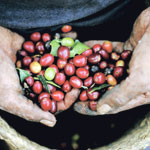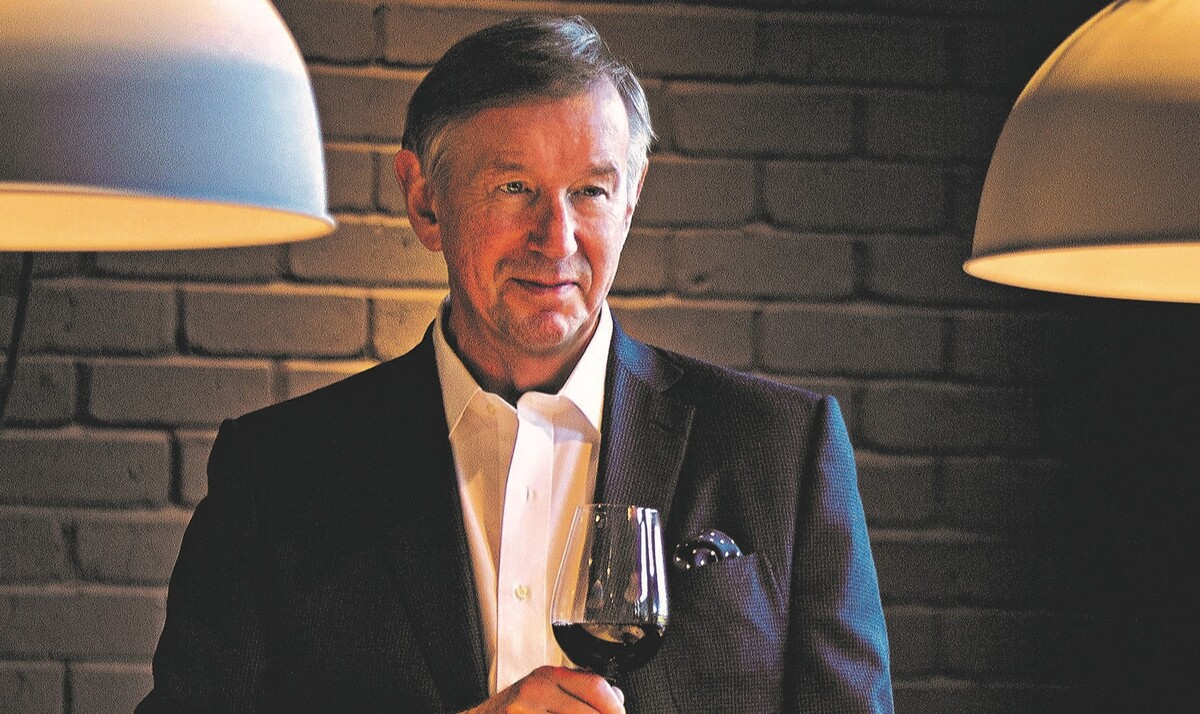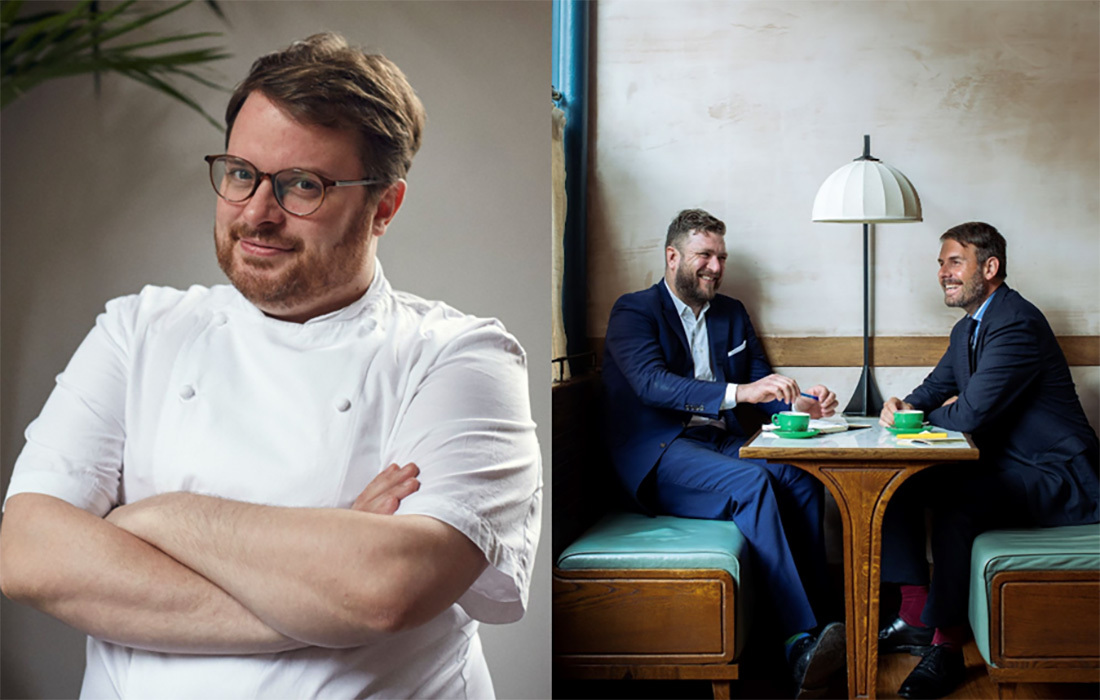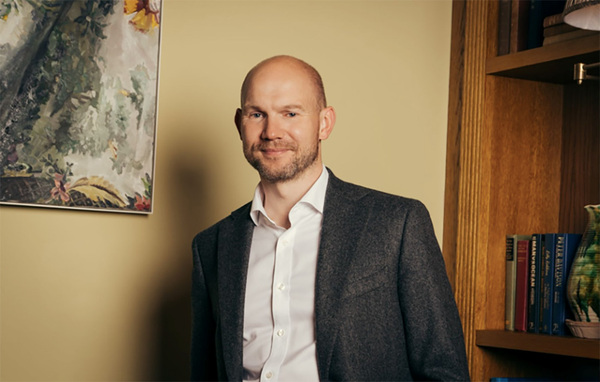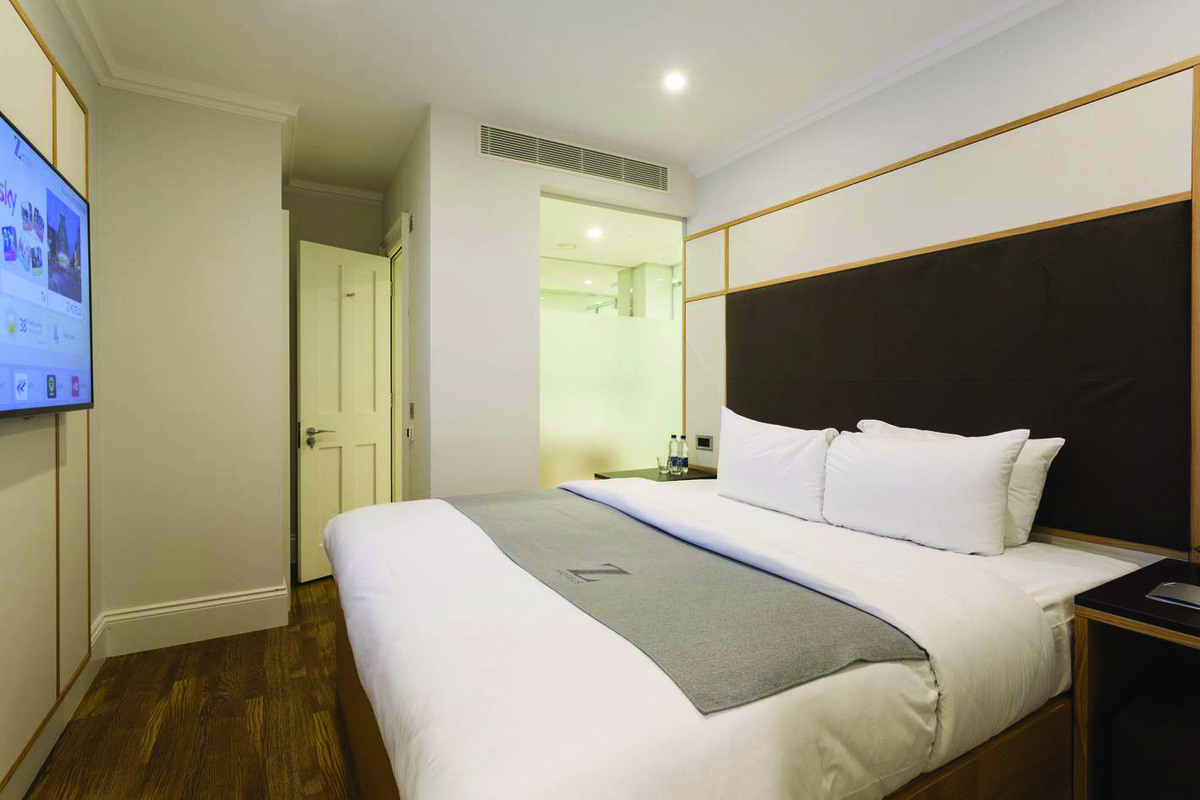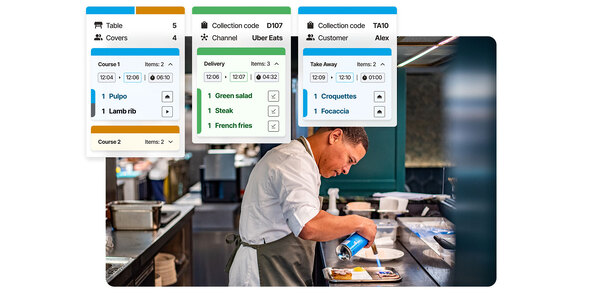Nestlé – protecting the planet
Nestlé Professional has a long-standing sustainable commitment - 30 years working with its coffee farmers, cutting energy consumption in its UK factories and reducing packaging. And it doesn't stop there, managing director David Field tells Mark Lewis
Why did Nestlé decide to support the Sustainable Business Award at the 2009 Cateys? Does the decision reflect a bigger commitment to, or adoption of, sustainable business practices?
Sustainability has been at the heart of our business for many years. It is woven into the very fabric of what we do; where we source products; and how we work with our customers, suppliers and industry partners.
Our long-term commitment is to develop sustainable agricultural practices. We are the world's largest direct purchaser of coffee, buying more than 70,000 tonnes from coffee farmers a year. Farmers bypass the middlemen and receive a higher price for their produce by delivering the coffee direct to Nestlé's buying stations.
Since 2005 our UK coffee factories have cut energy consumption by 20% and water use by 40%. Almost 20% of energy used at the factories is derived from process by-products via the burning of coffee grounds. Using this renewable resource reduces our requirement for fossil fuels and avoids the use of landfill for disposal. More than half of our packaging in the UK and Ireland is recyclable.
Nestlé's record in ethical trading is hotly debated by some. Has this given an added urgency to the company's commitment to demonstrating peerless sustainability credentials?
We know we're subject to public scrutiny, so part of our commitment to open dialogue involves communicating our activities; creating shared value; and working with the media. Our commitment to sustainable best practice has a long history, across every element of the business. This isn't new: what is new is that we are talking about it in line with increasing caterer and consumer need.
Is there evidence that the public perception of the Nestlé brand has changed for the better as a result of its sustainable practices?
Corporate social responsibility awareness is at an all-time high, and Nestlé Professional's customers, partners and advocates are gaining a greater understanding of the commitment we are making. We're at the start of the communication journey but we're engaging with increasing numbers of customers to share our knowledge and experiences. As a result of our continued interaction, we're already seeing a change in perception. It's about continuous improvement and we're eager to talk to our customers and their customers - the consumer.
Do customers care how sustainable Nestlé's business practices are? Does it win them more business?
Yes, our customers do care and the consumer cares, too! The corporate social responsibility agenda remains poignant across the entire supply chain. We work with both large and small caterers whose clients are focused on outcomes, too. There is a universal desire to embrace and develop an approach to corporate social responsibility. Despite the credit crunch, people are still thinking about sustainability and deem it important across the supply chain.
How is Nestlé helping operators improve their sustainability credentials?
We work with a number of key customers on delivery patterns to ensure we are minimising the number of vehicles used to transport our goods. Our Nescafé catering tins can be placed in the steel recycling stream - potentially reducing landfill by three million tins a year.
We work with the charity FareShare, which supplies unused quality food from the food industry to vulnerable groups across the UK. Alongside our food industry peers, we have supplied in-date, good-quality food to FareShare's community food network for a number of years.
Also our Maggi Menu Solutions tool helps caterers provide nutritionally balanced meals by including healthy menu recipes, in addition to tips on how to encourage customers to embrace healthy eating.
What are the drivers for doing business sustainably: altruistic or commercial?
They are both important. A business has to be commercial to survive and expand but it's important that every organisation - whatever its size - does business in a good way. A business's footprint should be based on corporate social responsibility policies and management needs to understand and take its responsibilities seriously to manage all these efforts. By being efficient and responsible we should still be able to compete and offer our customers real added value.
Is there any evidence that the economic climate has led operators to focus less on their sustainability credentials?
No. I am sure there will be commercial pressures when it comes to demonstrating real value in relation to sustainability, but this has yet to be evidenced. From a Nestlé Professional perspective, we are committed to our sustainability policies and appreciate that this has to happen regardless of other circumstances. Our aim is to help those in our sphere of influence to meet all challenges in the best way possible.
What qualities and achievements should judges look for when judging this category?
Innovation, inspiration - and not least, when it comes to application and results - perspiration! We want to see tangible evidence of the overall impact of a sustainability policy on a business and not just theory. Results speak for themselves, so it's important to appreciate what has made a difference, and whether this has inspired others to follow suit.
The award will recognise the hospitality business - whatever its size - that has taken the most innovative steps to neutralise its impact on the environment in the past year. The award judges will consider dedication and commitment without losing sight of commercial reality, which has to underpin all trading conditions.
NESTLÉ ON BEING SUSTAINABLE
- Purchases more than 70,000 tonnes directly from coffee farmers a year.
- Launched Nescafé Partners' Blend, a Fairtrade-certified coffee, in April 2005.
- Buys coffee through Fairtrade, Rainforest Alliance, Utz and 4C.
- Provides a team of 675 agronomists to give free technical assistance to farmers.
- Gives more than $1m (£619,000) to co-operatives in Ethiopia and El Salvador, which supply the majority of the Partners' Blend green coffee beans.
- Works with charity Fareshare, which supplies unused quality food from the food industry to vulnerable groups across the UK.
- Has cut energy consumption by 20% and water use by 40% at UK coffee factories in Tutbury, Staffordshire, and Hayes, Middlesex, since 2005.
- Derives almost 20% of energy used at UK coffee factories from process by-products through burning coffee grounds.
- Ensures half of packaging in the UK and Ireland is recyclable. Nescafé catering tins can go in to the steel recycling stream - potentially reducing landfill by three million tins a year.
- Supports the student catering awards scheme Toque d'Or, in its 21st year, with UK catering colleges for building skills and teamwork.
- Sponsors the Springboard Charitable Trust's FutureChef competition, a nationwide competition for young people aged 12-16.
- Supports the British Hospitality Association's Young Chef Young Waiter awards, which recognise the hospitality industry's stars of the future.


